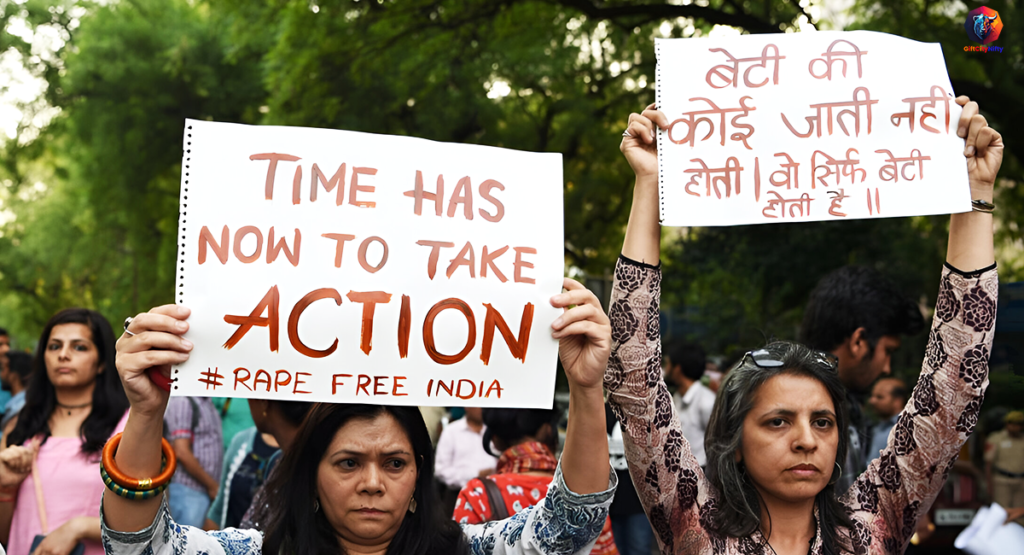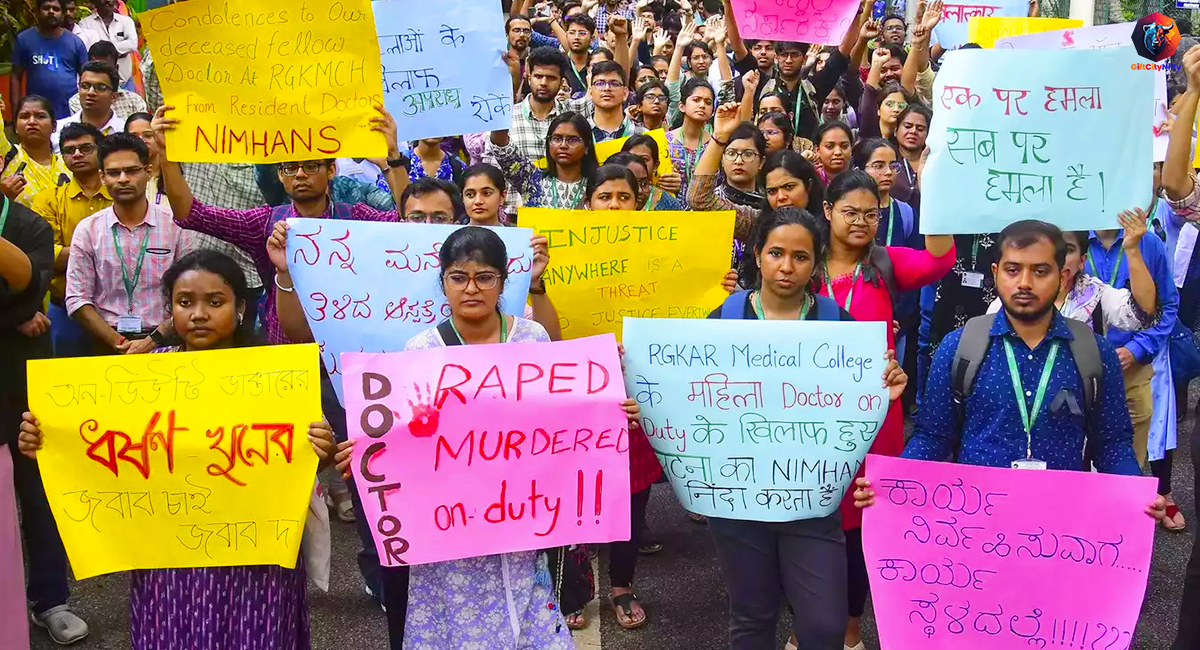The streets of Kolkata have become the epicenter of a significant and ongoing movement following the tragic and brutal rape-murder of a junior doctor from RG Kar Medical College and Hospital. Now entering its fifth week, these protests have not only captured the city’s attention but have also drawn national and international eyes. What makes this movement particularly noteworthy is its apolitical nature, the breadth of its participation, and the role of social media in sustaining the momentum.
A City United in Grief and Anger
The shocking crime against a postgraduate trainee doctor at RG Kar Medical College has shaken the citizens of Kolkata protest to their core. For a city often regarded as one of the safest metros in India, according to National Crime Records Bureau statistics, the crime was unimaginable. The brutal nature of the incident has struck a chord across various demographics, leading to a rare unity in public outrage.
The protests have been characterized by their significant turnout, with people from all walks of life—mothers, students, professionals, and senior citizens—joining in solidarity. The lack of political banners and the overwhelming presence of the national flag have given the movement a unique identity, marking it as a citizens’ movement rather than a politically driven one.
Public Anger and the Fight for Justice
The protests are fueled by a deep sense of anger and betrayal. The fact that the victim was a doctor—a respected and essential member of society—only amplifies the outrage. As social activist Saswati Ghosh pointed out, “The rape of a doctor, who is in no way from the margins of society or underprivileged, at her government hospital workplace is something that Kolkata never expected.”
This incident has brought to light the vulnerabilities that even those in seemingly secure positions face, leading to a broader sense of empathy and a collective demand for justice. The citizens of Kolkata protest the crime itself but are also expressing their disenchantment with a system that they perceive as failing to protect them.

The Role of Social Media in Sustaining the Movement
Social media has emerged as a powerful tool in organizing and sustaining these protests. Platforms like WhatsApp, Twitter, and Facebook have enabled organizers to mobilize people quickly and efficiently. Messages, updates, and calls to action spread rapidly across these networks, ensuring that the movement remains active and continues to grow.
Rimjhim Sinha, one of the organizers, emphasized the importance of social media in keeping the momentum alive. “When we called for the first protests, we never expected such an outpouring of support,” she said. The use of these platforms has also helped in maintaining the apolitical nature of the movement, as people are able to communicate directly without the need for traditional political structures.
A Movement that Reflects Broader Discontent
The persistence of these protests can also be attributed to a broader discontent with the current system of governance and traditional patriarchal attitudes. As political activist Sayoni Chowdhury observed, “This apolitical, non-violent movement, with participation from all sections, reflects a broader discontent with the process of institutionalized governance and traditional patriarchal attitudes.”
There is a growing realization among the citizens that systemic issues like delayed justice and lack of accountability allow perpetrators to escape, leaving victims and their families without closure. This realization has fueled a determination among the protesters not to let this issue fade away, as is often the case with other incidents.
The Kolkata Protest against the rape-murder of the RG Kar junior doctor have entered their fifth week, showcasing a remarkable level of resilience and unity. The movement has defied expectations with its apolitical stance, widespread participation, and sustained momentum, driven by public anger and a collective demand for justice. As the protests continue, they serve as a powerful reminder of the need for systemic change and the importance of holding those in power accountable.

